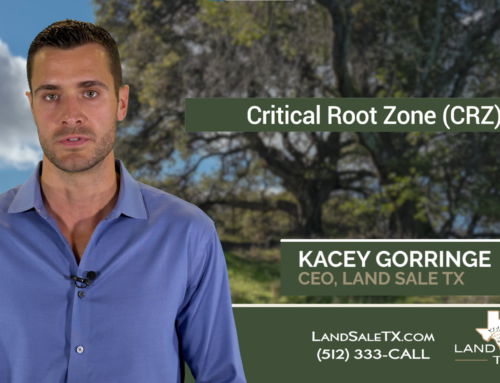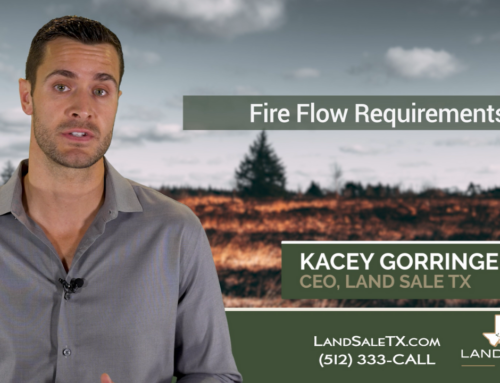Pros, cons, myths & rules of the 1031 like-kind exchange.
A 1031 like-kind exchange can be an incredible tool for anyone owning real estate. It’s a great wealth building tool as well. Some political parties have been trying to restrict or completely remove the 1031 exchange for many years. Personally, I just think that’s smoke and mirrors in order to push a higher agenda.
And, there really is a negative connotation in some circles with the 1031 exchange because some folks believe that it is completely avoiding taxes when you sell a property. This couldn’t be further from the truth. It’s actually deferring taxes to a later date. According to John McNellis in his book “Making It in Real Estate,” in California in 2017 alone, one-third of commercial real estate transactions involved a 1031 exchange. So, this is a great tool and a great boom for the local economy stimulating jobs for real estate agents, surveyors, title companies, attorneys, etc.
So, how does a 1031 exchange work?
When you sell your property, the proceeds from that sale have to go to the hands of an intermediary or the 1031 exchange company. If they go to you or your bank account, you absolutely cannot do the 1031 exchange at that point. So, they need to go into the hands of a 1031 exchange intermediary. Then two rules apply at that point. You have the 45 day rule and the 180 day rule.
The 45 day rule: You have 45 days from the sale of that first property in order to locate up to three properties that you are going to potentially purchase. This must be designated in writing to your intermediary.
The 180 day rule: This states that after the sale of that first property you have to then buy one of those three properties that you designated within 180 days.
There are some pros and some cons to a 1031 exchange.
Pros: It is a great wealth building tool and you can do a like-kind exchange. So, let’s say for example you’re selling a piece of land. You don’t have to necessarily buy another piece of raw land. You could buy a commercial building or maybe some residential buildings.
Cons: The 45 day and 180 day rule. I’ve seen a lot of investors make decisions that weren’t as prudent because they were afraid that they were going to get taxed. So, they wanted to do a 1031 exchange and they purchase properties that they otherwise wouldn’t have. Lastly, ironically, a 1031 exchange really isn’t all that regulated by the United States government, which is kind of interesting to me.
We always, always recommend first you speak with an attorney about this. And, also in your agreement with the 1031 exchange company, I would make sure you have language in your agreement that states that they absolutely cannot release any money without your written approval. I’ve heard of many horror stories of people getting burned by a 1031 exchange company.
Feel free to reach out to us with questions or other topics you’d like to see covered.
🤠 We’re Your Local & Trusted Central TX Land Buyers serving Travis, Williamson, Caldwell, Bastrop & Hays counties. Subscribe to our YouTube Channel for weekly tips and insight into land buying, land selling, and real estate investing from our seasoned land acquisition specialists. SUBSCRIBE: https://tinyurl.com/hcfnsyk8
💻 Want a Cash Offer for your land in 24 hours or less with No Agent Fees or Closing Costs? Learn more: CONTACT US: https://landsaletx.com/contact/
☎️ Looking to sell your Central TX land quick & stress-free -OR- Interested in investing in land in the area, we’d love to tell you about some of the off-market opportunities we find through our marketing. CALL or TEXT Us Today at (512) 387-7749.
SOCIALS: @LandSaleTX
Facebook: https://www.facebook.com/LandSaleTX/
Instagram: https://www.instagram.com/landsaletx/
⚠️ We are NOT attorneys, licensed CPAs or Tax Professionals. We can provide honest, ethical and creative solutions for selling or investing in land, but ALWAYS recommend you get advice from your attorney, CPA and Professional Tax Advisor.


